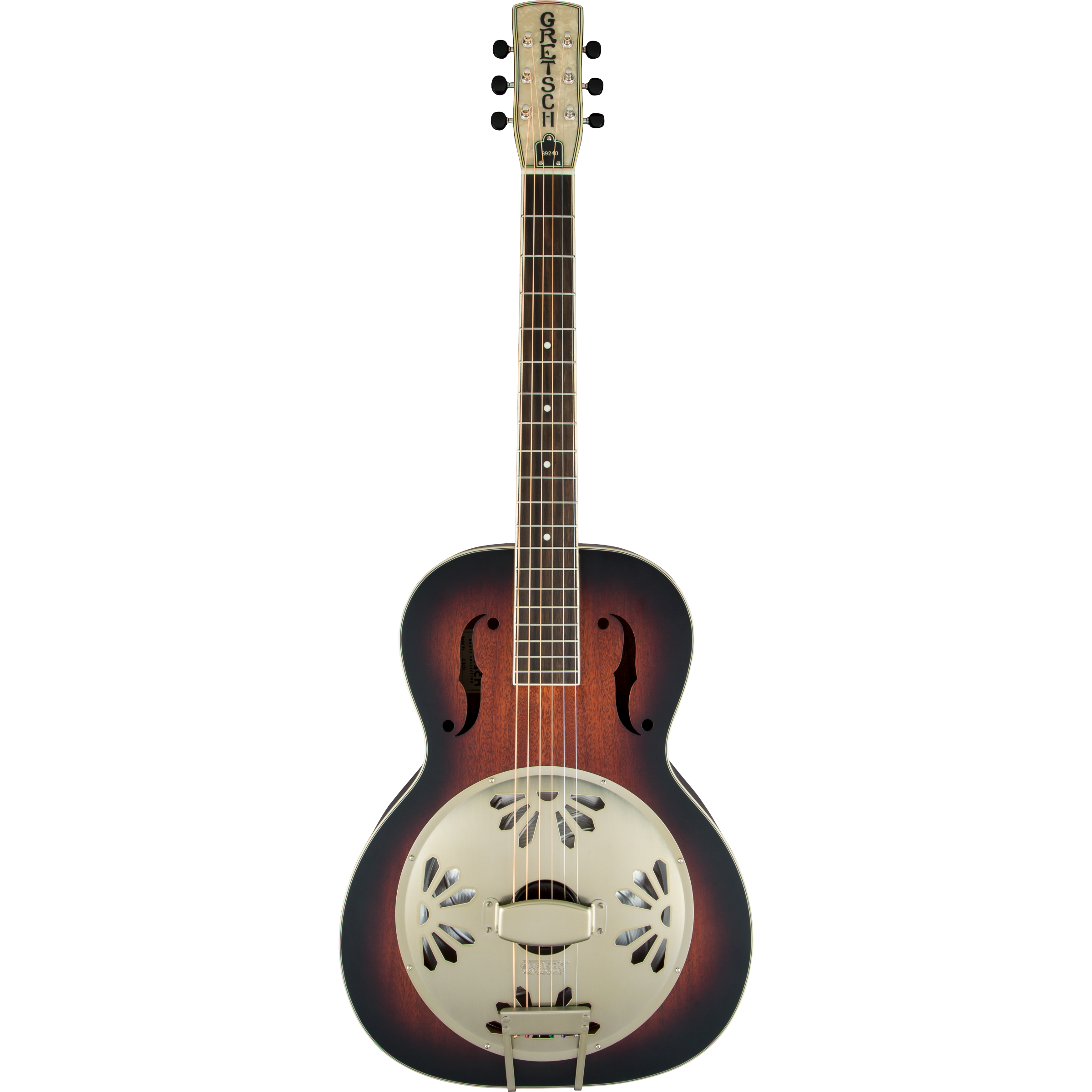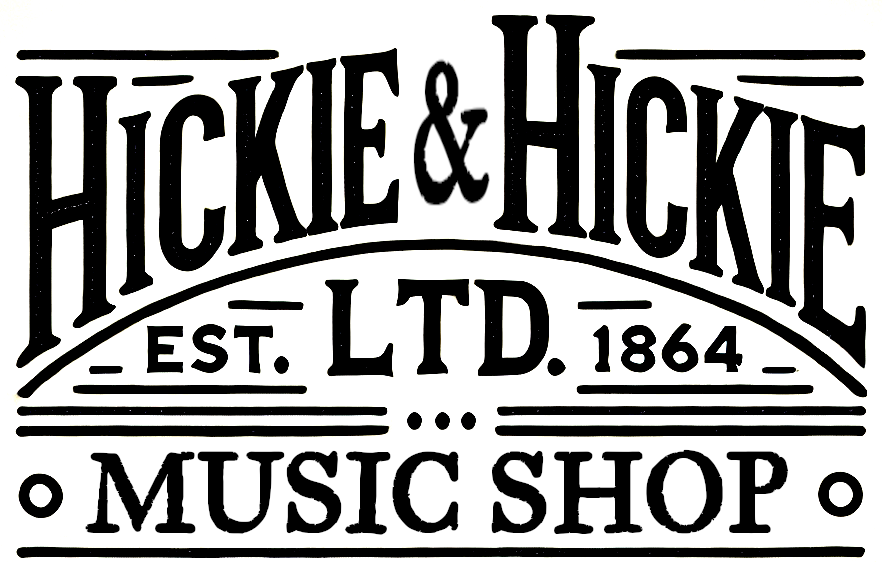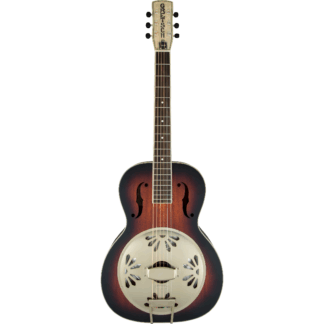Description
The Gretsch G9240 Alligator Round-Neck Resonator is a characterful steel‑string acoustic built for players who crave that unmistakable rootsy bite. Finished in a classic 2-Color Sunburst, it is ideal for blues stylists, slide aficionados and singer songwriters who want projection and presence without needing to plug in. The round neck makes it a friendly step for guitarists coming from standard acoustics, so you can fret chords, fingerpick or swap to a bottleneck with ease. Whether you are exploring delta blues, folk and Americana textures or adding a striking vintage voice to your set, the Alligator brings a confident, authoritative tone that cuts through a mix and inspires expressive playing.
Features
Hand-spun single-cone power
At the heart of the G9240 is a hand-spun aluminium single-cone resonator with a biscuit bridge, delivering the punchy midrange growl and quick attack that define classic resonator tone. Notes leap out with a metallic edge, yet there is warmth in the decay, making it superb for slide, fingerstyle and percussive rhythm.
Comfortable round neck for versatile playing
The round neck profile feels familiar to acoustic players, supporting both standard fretting and slide technique. It balances a confident feel with easy playability, so switching between open tunings and standard chords feels natural during practice and performance.
Mahogany body with vintage character
A laminated mahogany body adds warmth and body to the resonator’s natural bite, while the vintage 2-Color Sunburst finish provides a timeless stage look. The combination of materials and finish gives a rich tonal foundation with strong projection and a classic aesthetic.
Reliable hardware and stable tuning
Sturdy, vintage-style open-gear tuners and a secure tailpiece provide stable tuning and consistent performance, even under the demands of slide work and frequent tuning changes. It is a dependable instrument designed to hold its voice session after session.



